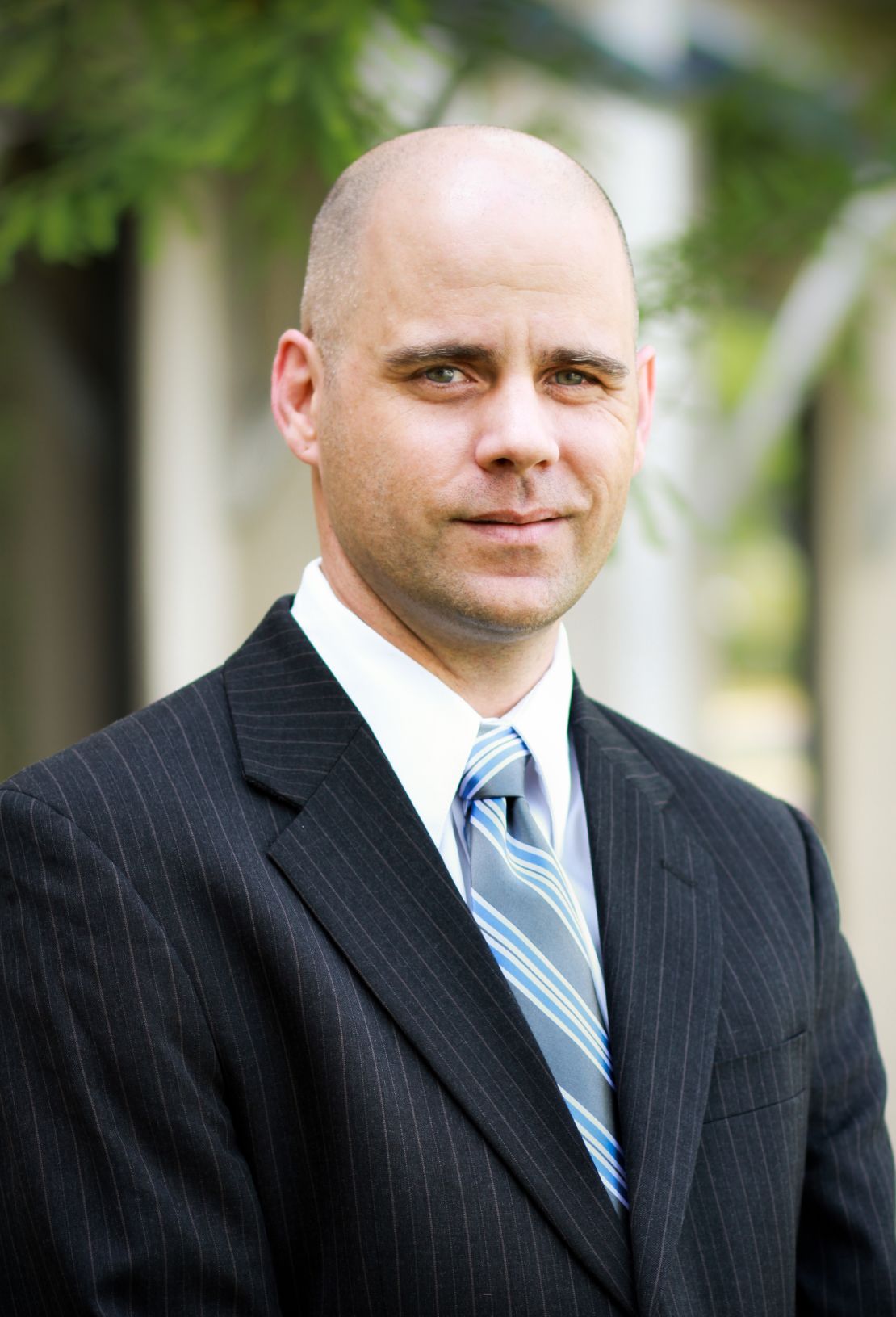Editor’s Note: Bill Schmitz is a clinical psychologist and president of the American Association of Suicidology. Follow him on twitter @DrBillSchmitz. The opinions expressed in this commentary are solely those of the author.
Story highlights
Bill Schmitz: Media should never present suicide as escape for problems. It's often preventable
He says Oscars tweeted 'Genie, you're free' about Robin Williams. Wrong. His pain now on others
Schmitz: It's unknown if celebrity suicide causes copycats; adults must address issue responsibly
Schmitz: Williams tragic death a way to teach people suicide's warning signs, open dialogue
Suicide should NEVER be presented by media as a means to resolve or escape one’s problems (contrary to the Academy of Motion Picture Arts and Sciences’ twitter post, the genie is not free, the genie’s pain has now been dispersed to a very large audience).
While I do not know, and no one knows, if Robin Williams is “free,” he is dead, and his loss has devastated us all.
Suicide needs to be talked about as a fatal outcome that is, in the majority of cases, preventable and caused by severe illness and/or extreme psychological anguish.

When I learned about Williams’ suicide on Monday, it knocked the wind out of me. Sure, I am the president of the American Association of Suicidology, so I am alert to media coverage of suicide.
I talk about suicide every day, but, like most of you, my connection to Williams is personal. I’m from Boulder, Colorado and after I moved away, I would turn on reruns of “Mork & Mindy” any time I felt homesick or alone. Robin Williams’ portrayal of a wacky alien just trying to make it in this world provided comfort, laughter, and wonderful memories.
His death, by any means, is a deeply sad event. That he died from suicide (a cause of death I try to prevent nearly every day) just makes his death that much more painful to me.
Opinion: Why Robin Williams lost to depression
One of the questions I am usually asked after such a high-profile public suicide is: How does the news of a suicide affect others who are at risk? When it comes to high profile suicides, the research about contagion (or “copycat effect”) is not clear.
We can’t say for sure if media coverage increases the risk of more people attempting suicide. However, our best research suggests that “how” we discuss suicide in the media is more important than “if” it is discussed.
People tend to be afraid to talk about suicide, which is disheartening considering that suicide is the 10th leading cause of death in the United States. It kills more people than motor vehicle accidents and more than twice as many as homicide.
Opinion: Robin Williams and depression: We all wear a mask
But in our high-tech, social media driven culture, we need to recognize that avoidance or denial of suicide simply is no longer possible. A friend of mine told me that her 8-year-old daughter came home from school yesterday talking about suicide. The specific details of Robin Williams’ suicide method were discussed by children on the playground nearly 2,000 miles away from Williams’ home, less than 24 hours after his death.
The reality is, this 8-year-old knew more “facts” about the death than I did (clearly, not all professional journalists have read or follow the media guidelines regarding the reporting related to suicide and suicidality). At this time mental health professionals do not know how making this information widely available, even to school children, affects their long-term mental health.
What we do know is that responsible adults need to ensure that the messages and stories related to Robin Williams suicide, just like every other suicide, are seen as opportunities to educate people that help is available (National Suicide Prevention Lifeline: 1-800-273-TALK; Crisis Text Line: www.crisistextline.org), that mental health treatments are effective, and that suicidal thoughts, by their very nature, tend to be time-limited – though they may regularly recur.
Our best experts believe that providing information about how to get help is one of the most useful things we can do after a highly-publicized death by suicide.
When mental illness affects your family
Williams’ death is also an opportunity to educate people that there are warning signs for suicide, which, if recognized, can help get people the urgent care they require to avert it. These include talking or writing about death, dying or suicide, when these actions are out of the ordinary, and withdrawal from friends, family and society. There are a number of others, so please take a moment to click here and review the warning signs of suicide.
Suicide is a tragedy that can have an enormous impact on those who are left behind. While Robin Williams touched many of our lives (including mine) throughout his illustrious career, more than 39,000 people commit suicide each year – meaning as many as 107 other individuals may have died this way on the day Williams took his life.
Hopefully what will come out of this tragic loss of life is a more open dialogue about this very real health issue, which has claimed so many lives.
Read CNNOpinion’s new Flipboard magazine



